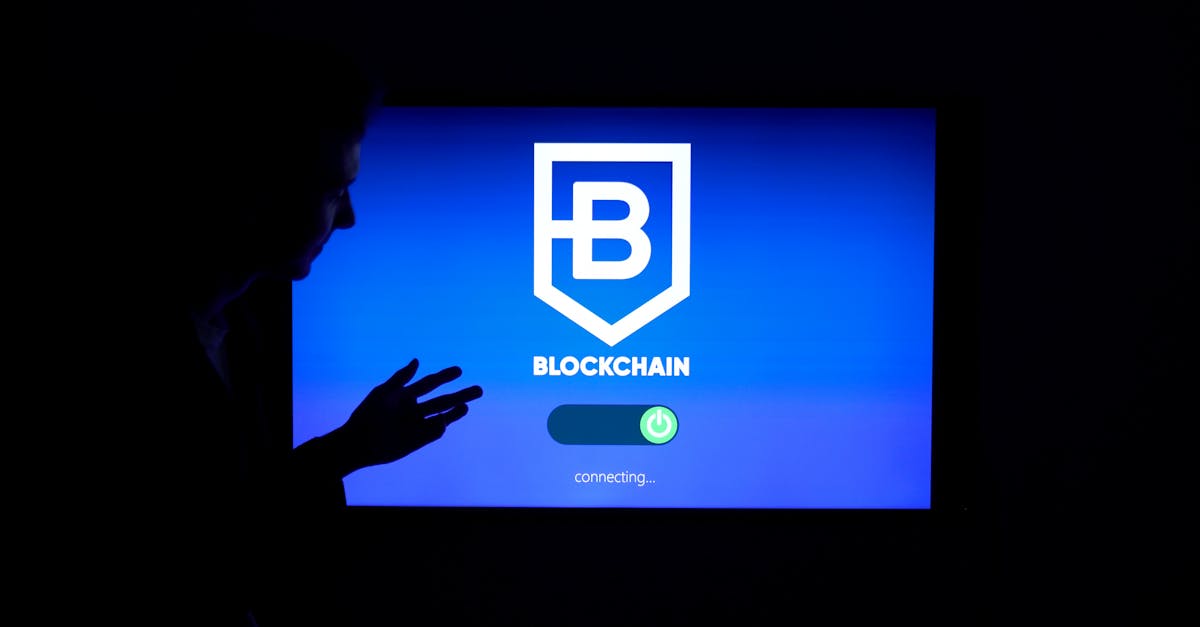How Blockchain Technology is Redefining Risk and Transparency
Introduction
Blockchain technology, once synonymous solely with Bitcoin, has rapidly evolved into a transformative force across numerous industries. Originally developed as a public ledger for online transactions, blockchain's potential for redefining risk and transparency is unparalleled. With its inherent properties of immutability and consensus, this technology presents a new era of secure, transparent interactions. As companies aim to fortify their systems against fraud and inefficiency, blockchain is emerging as a vital tool. Its decentralized nature ensures no single point of failure, increasing overall trust. This article delves deep into how blockchain technology is reshaping our understanding of risk and transparency.
Advertisement
The Pillars of Blockchain
Fundamentally, blockchain is a digital ledger that records transactions across several computers, making it nearly impossible to alter retroactively. The core principles of decentralization, transparency, and security form the backbone of blockchain technology. By removing central authorities, blockchain establishes a network where every participant can verify transactions. This fosters a transparent environment where data integrity is maintained, and trust is built among users. The encryption techniques employed ensure personal information remains confidential, tackling privacy concerns prevalent in many systems today.
Advertisement
Mitigating Risk in the Financial Sector
The financial sector has long battled issues such as fraud, insider trading, and money laundering. Blockchain provides solutions for these problems by enhancing transparency and accountability. Every transaction made on a blockchain is time-stamped and cross-referenced with other transactions, creating a comprehensive and verifiable record. This reduces the potential for fraudulent activities as any irregularities are quickly identified. Banks and financial entities are now leveraging blockchain to conduct real-time audits, improving efficiency and accuracy while reducing human error.
Advertisement
Improving Transparency in Supply Chains
Supply chains are complex networks involving numerous stakeholders, often leading to opaqueness and inefficiencies. With blockchain, every step of a product's journey can be documented and audited, ensuring adherence to quality standards and ethical practices. Stakeholders gain visibility over the entire process, from raw material sourcing to final delivery. This transparency not only builds consumer trust but also aids companies in meeting compliance and regulatory standards, addressing one of the industry's critical pain points.
Advertisement
Healthcare Revolution and Data Protection
In the healthcare industry, blockchain technology offers a secure framework for managing sensitive patient records. The transparent, immutable nature of blockchain ensures that once data is entered, it cannot be tampered with. Patients and medical professionals can track modifications, ensuring data accuracy. Furthermore, blockchain's decentralized system minimizes the risk of hacking, a growing concern in today's digital age. By maintaining privacy while enhancing transparency, blockchain aids in building patient trust and improving care coordination among healthcare providers.
Advertisement
Blockchain in Public Sector and Governance
Governments worldwide are beginning to explore blockchain's potential for enhancing transparency in governance. Election processes, often marred by accusations of fraud, can benefit immensely from blockchain's tamper-proof ledgers. This ensures that votes are accurately counted and verifiable. Additionally, blockchain can streamline the management of public resources, reducing waste and corruption. By offering an audit trail that is accessible and immutable, blockchain technology provides opportunities to build public trust in governmental institutions.
Advertisement
Enhancing Cybersecurity Measures
Cybersecurity remains a top concern for businesses globally. The decentralized structure of blockchain technology inherently enhances security by eliminating a single point of failure. Since transactions are verified collectively by network participants, any malicious alterations become almost impossible. Organizations leverage blockchain for secure identification verification and to protect sensitive data. This shift drastically reduces the risks associated with unauthorized access or data breaches, fostering a safer digital environment.
Advertisement
Streamlining Real Estate Transactions
The real estate industry grapples with time-consuming processes and high transactional costs. Blockchain technology can revolutionize this sector by facilitating faster, more transparent property deals. Digital contracts on blockchain automate and verify transactions, cutting out intermediaries like lawyers and brokers. This reduces costs and ensures transactions are concluded swiftly and securely. With a clear, tamper-proof record of property ownership, blockchain aids in resolving disputes efficiently, offering a seamless real estate experience.
Advertisement
Challenges and Future Potential
Despite its potential, blockchain technology is not without challenges. Issues such as scalability, energy consumption, and regulatory uncertainties pose obstacles to its widespread adoption. However, ongoing research and innovations continue to address these concerns, paving the way for broader acceptance. As industries and governments invest in blockchain solutions, the technology is poised for significant growth. The potential to redefine how we perceive and manage risk and transparency positions blockchain as a cornerstone of future digital infrastructures.
Advertisement
Conclusion: The Future of Blockchain
Blockchain technology heralds a paradigm shift, offering tools to enhance transparency and mitigate risk across various sectors. Its decentralized nature and robust security measures challenge traditional systems, promising efficiency and trust. While challenges exist, the innovative potential of blockchain is undeniable, with far-reaching implications for industries and everyday life. As adoption grows, it will redefine standards of security, privacy, and transparency, even potentially revolutionizing entire sectors. The promise of blockchain technology, still unfolding, is set to play a crucial role in the global digital landscape.
Advertisement


